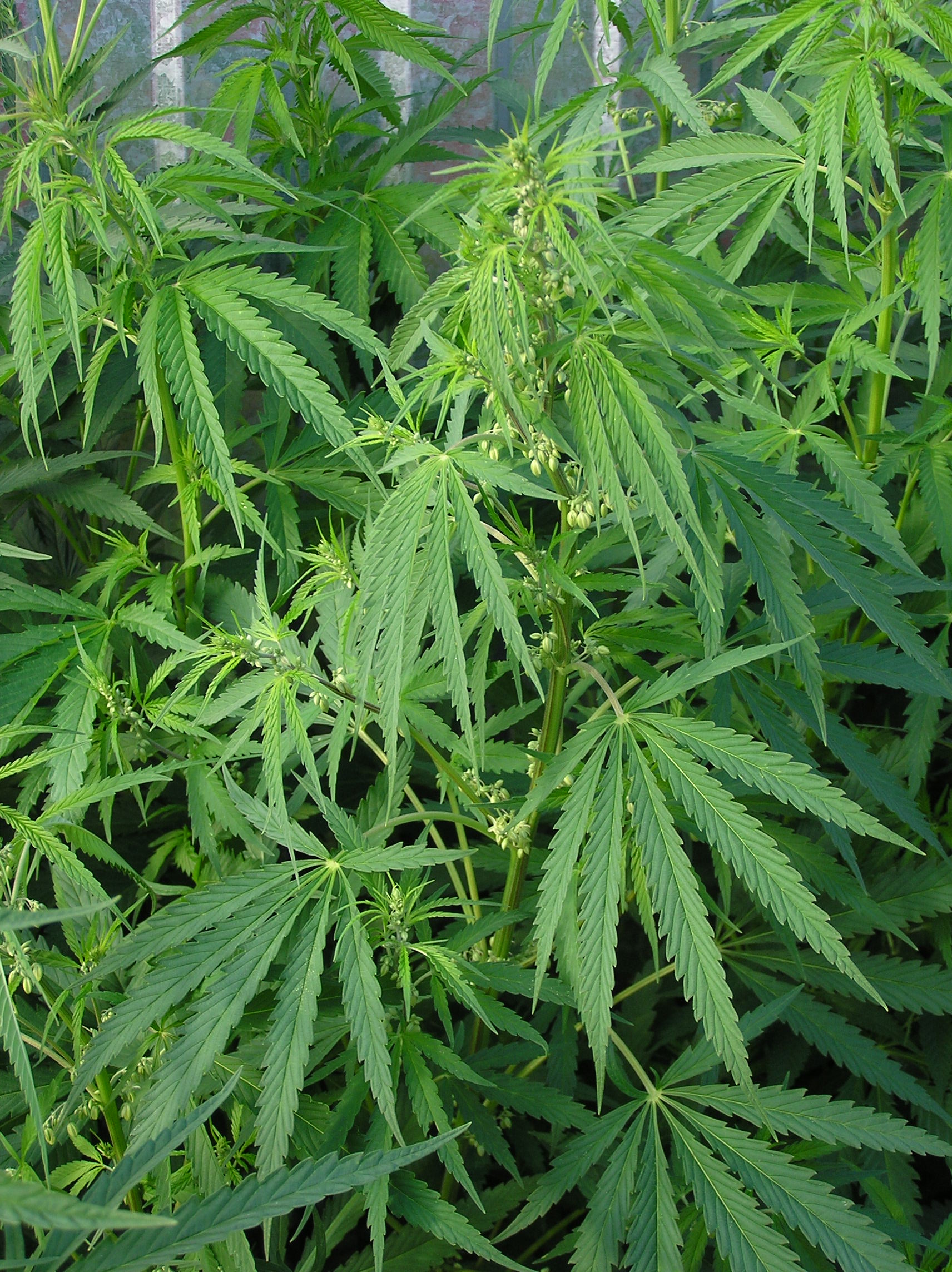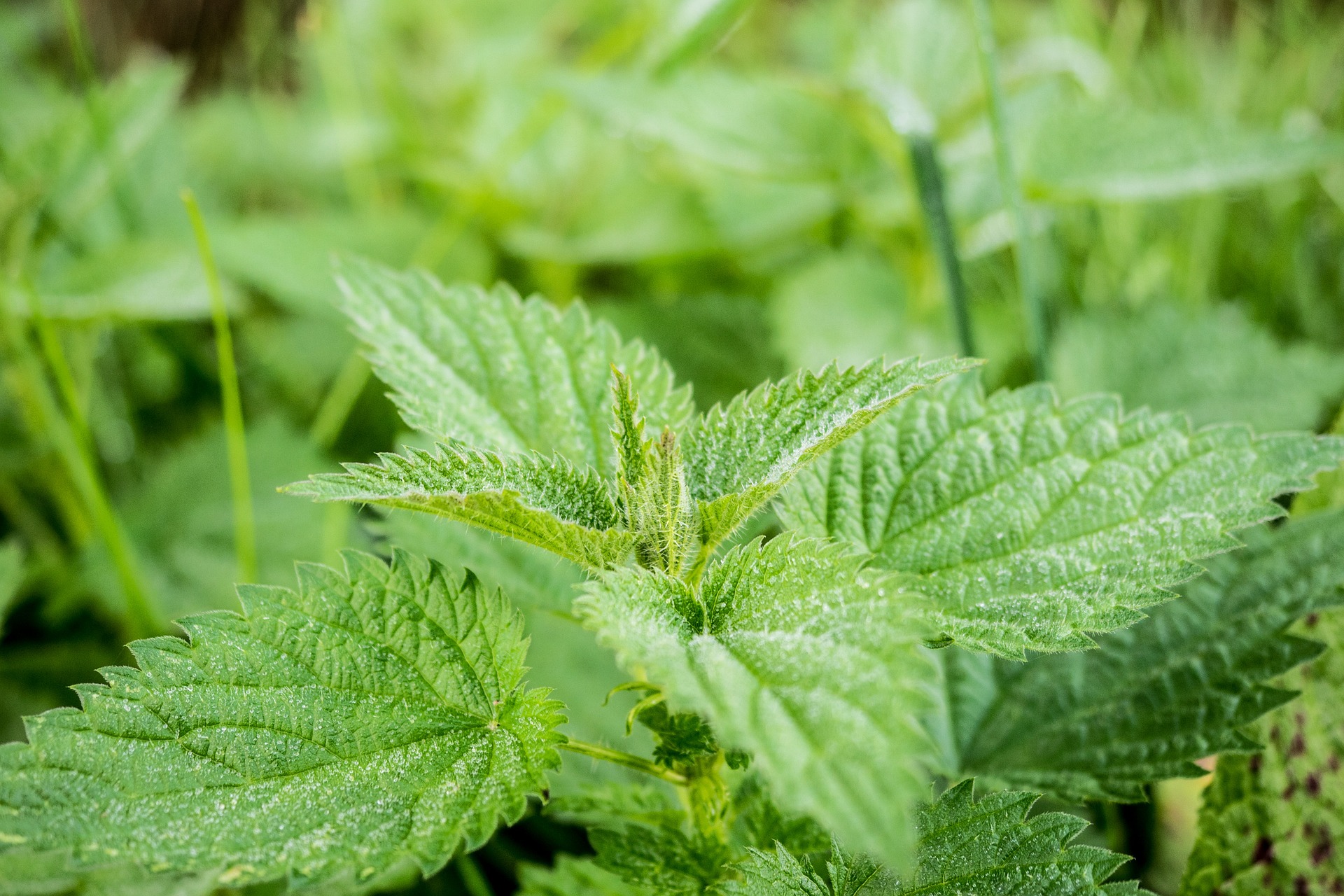For those of us who have sinus or nasal problems, it can be quite annoying at times. But it’s not only annoying, it can be embarrassing as well – and if it’s serious enough, it can even interfere with our daily lives. One such condition that has its share of sufferers is post nasal drip. If you have this condition and you’d like to cure yourself of it once and for all, here’s what you need to know.
 What is it and what causes it?
What is it and what causes it?
Basically, post nasal drip is an accumulation of excess mucus which drips down or travels down an individual’s nasal passages to the throat. Our bodies produce mucus on a daily basis as a way to ward off bacteria as well as avoid infection. Mucus can be found not only on the throat, but also in the stomach, the intestinal tract, and the airways. It’s only when the mucus produced is too much that we may experience post nasal drip, often because of allergies or colds and flu. Sometimes, you can also experience post nasal drip if you are pregnant or if you take birth control, or if you have a deviated septum, high blood pressure, or eat food that is too spicy. If there is an extreme and sudden weather change, you can experience post nasal drip as well.
Related: How your body reacts when you fall in love
The main symptoms
The main symptom of post nasal drip is a persistent cough, which comes out in more force at night. If you have sore throat, you may have post nasal drip as well. But chronic post nasal drip can lead to more serious conditions, such as ear and sinus infections, stomach aches, vomiting and nausea, fatigue, bad breath, breathing difficulties, and chest pain.
Natural remedies for post nasal drip
The good news is that post nasal drip can be treated with natural home remedies. Ginger, for instance, can give you instant relief, as it’s a known decongestant. Take some ginger tea, and you’ll feel the benefits immediately.
Another natural remedy is baking soda. Just mix a tiny amount with some salt and warm water and snort it into your nostrils. Move the liquid around by moving your head and then blow the liquid out through your nose. Other natural remedies include the inhalation of steam, eating raw garlic (garlic is a natural antibacterial and anti-inflammatory food), eating cayenne pepper (a natural anti-histamine; mix half a teaspoon with honey), and drinking water mixed with lemon.
If you have chronic post nasal drip or if your condition has been with you for a long time, it might be a good idea to assess your environment and remove any allergens from it, such as pet dander. Sanitise your home, especially your mattresses, pillows, and carpets. You can also protect yourself from allergens when you go out by wearing a surgical mask.
Image attributed to stockimages/FreeDigitalPhotos.net
You might also enjoy: Signs of mental health issues









